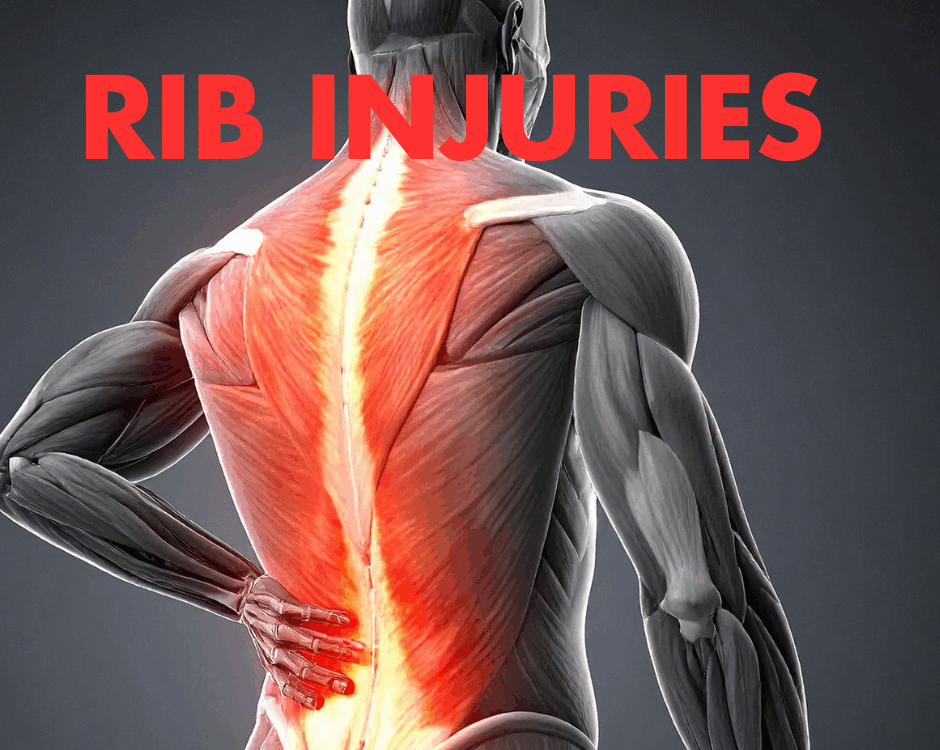How Long is OK to be Tired After a MVA Accident?

April Showers and MVA Aches
April 28, 2025
The MVA Time Bomb
April 28, 2025- Accident doctor
- accupuncture
- airplane headache
- alzheimer's
- best habits
- Brain Injuries
- car accident
- car accidents
- cervical strain
- colds
- concussion
- Concussions
- disc bulge
- dosage meds
- dry needling
- dull pain
- E bike injuries
- florida
- good posture
- headaches
- Headrest positions
- Headrest positions after an accident
- Healthy choices
- Healthy flying
- healthy gift guide
- Healthy SPring Ideas
- hip pain
- hyperextension
- injury doctor
- insurance
- Kayaking
- kentucky
- kids motion sickness
- lifestyle
- motion sickness
- neck injury
- no fault insurance doctor
- noise healing
- osteoporosis
- pain symptoms
- pink noise
- posterior chain
- posture
- prevent osteoporosis
- Rest
- Scoliosis
- shoulder pain
- Stress with kids after a motor vehicle accident
- TBI
- tips
- tmj
- torn muscle
- Traumatic Brain Injury
- trigger points
- VitaminD
- What are Post Traumatic headaches?
How Long Should I Feel Tired After an MVA?
Motor vehicle accidents (MVAs) shake you up in ways you might not expect. Patients drag in feeling like they ran a race they never signed up for. Fatigue hits hard after an MVA and not just from the lack of sleep. It can stick around for days or weeks stealing your energy and slowing you down. Is this normal or a sign of something more? A team member of one of the highest rated car accident medical programs in Kentucky, Dr. Aaron Workman, talks about why fatigue shows up following an accident.
Adrenaline Crash
Your body goes into overdrive during an MVA. Adrenaline floods the system fast to brace you for impact. The heart pounds, muscles tense up, and the mind races, but when it is over the adrenaline is spent. What is left is called running on fumes. That crash can leave you sluggish for days as your body works to reset. Think of it like flooring the gas on your car, immediately running out of gas and then coasting on empty. You eventually come to a stop and your whole body feels the drain. A couple of days like this are normal, but any longer and it could mean more.
Pain Wears You Down
Injuries from an MVA keep fatigue elevated. The body’s response to trauma from an MVA triggers inflammation in various areas, which, when prolonged, can lead to fatigue. A twisted neck or bruised ribs turn sleep into an activity you can never seem to finish. No rest means no recovery. The increased pain keeps your brain busy with work instead of recharging. Even the minor aches of a stiff shoulder or sore lower back can eat at your energy over time. If you find yourself waking at all hours of the night, then recharging becomes impossible. If this becomes persistent, it will eventually lead to exhaustion interfering with your well-being.
Mental Tiredness
The accident does not just hit your body but can add unique anxiety. The stress of simply driving or being a passenger can drain your energy, leaving you feeling mentally exhausted. Every honk of the horn or tailgater can send your heart into overdrive, occupying the mind and using energy. The brain needs time to process the trauma, and this ongoing mental strain makes it more difficult to bounce back emotionally and physically after an MVA.
Search for Relief
Rest is your easiest solution, but there is a fine line between too little and too much rest as you may find lack of movement leads to more stiffness. Provide the body with a good source of protein to add fuel for healing. It will rely on this protein in different patterns of sleep for the healing process to occur. If you cannot sleep, try cutting off noise and electronic screens before bed.
If you find yourself fatigued for days following an MVA, the Doctors at Chambers Medical Group can help. If fatigue is accompanied by worsening headaches, dizziness, nausea, or vision changes, it may indicate a more serious injury such as a concussion or nerve damage. A proper exam usually provides insight into issues leading to exhaustion, and therapies or medications may help. Continued suffering from fatigue can ruin your routine for months, so it is important to seek help so you can get back to being you.
— This article is written by Aaron Workman, DC, one of the members of Chambers Medical Group’s team of car accident chiropractors who offer a variety of treatments and therapies ranging from diagnostic testing to various soft tissue therapies for car accidents and injuries in Kentucky.
- Car Accident Medical Clinic in Tampa
- Car Accident Medical Clinic in Plant City
- Car Accident Medical Clinic in Brandon
- Car Accident Medical Clinic in Lakeland
- Car Accident Medical Clinic in Sarasota
- Car Accident Medical Clinic in Louisville
- Car Accident Medical Clinic in Lexington
- Car Accident Medical Clinic in Florence




